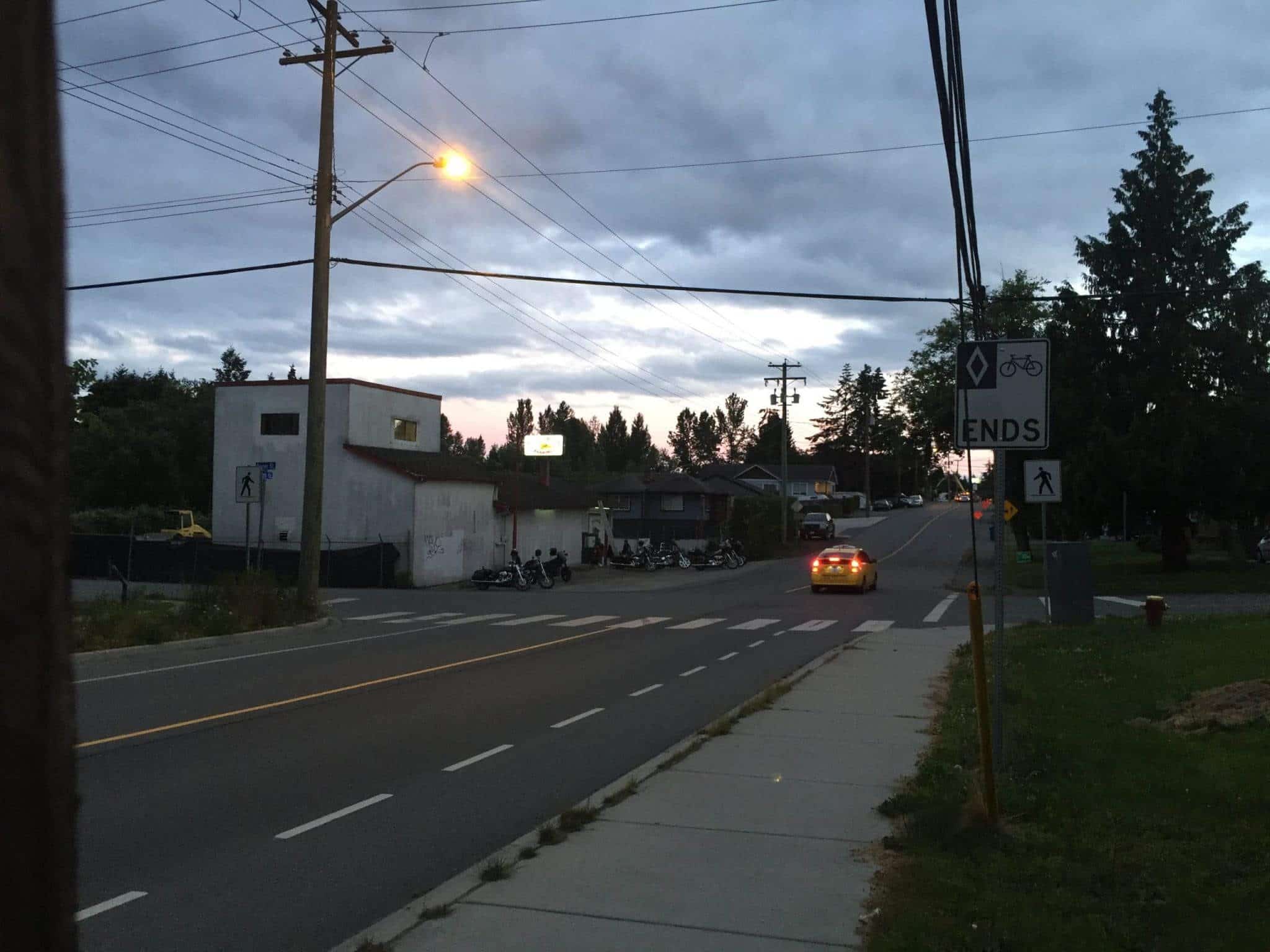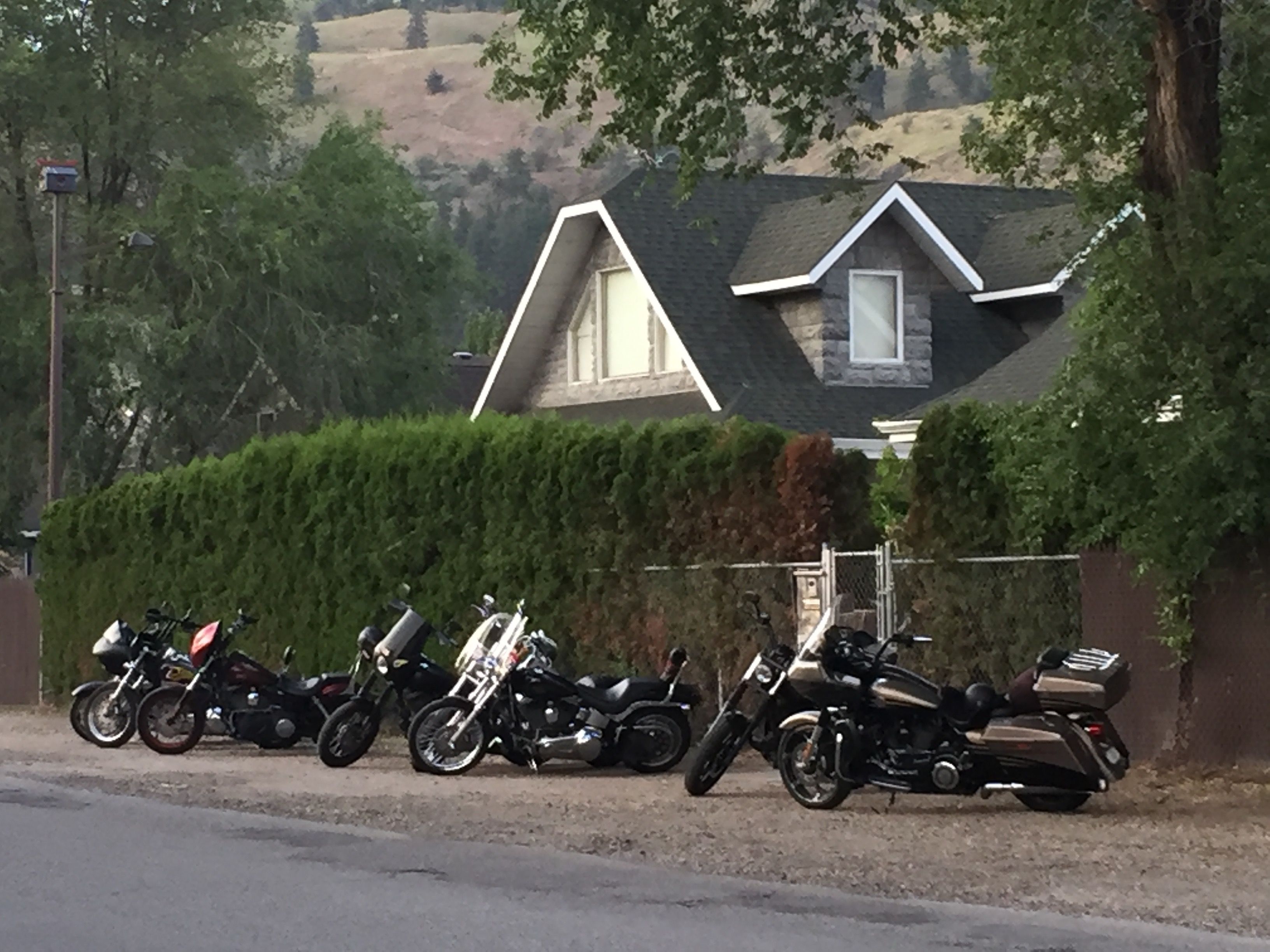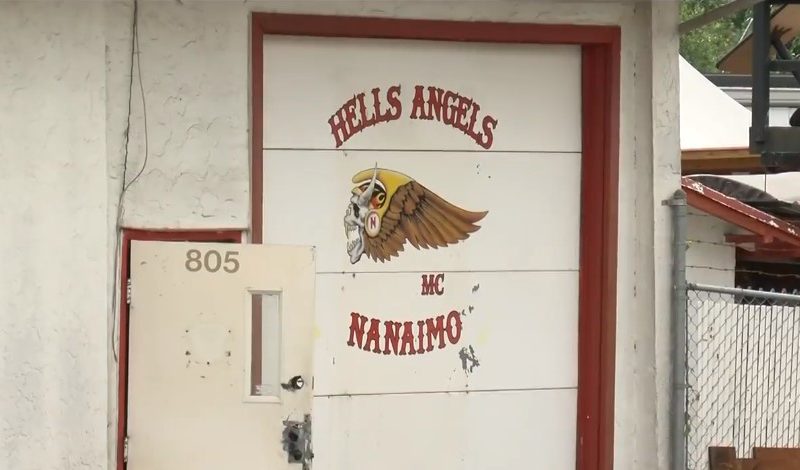The B.C. government is appealing a court ruling that rejected its claim that three Hells Angels clubhouses in Vancouver, Kelowna and Nanaimo should be forfeited as instruments of “criminal activity”.
The June 11 ruling by B.C. Supreme Court Justice Barry Davies also found that part of the Civil Forfeiture Act was unconstitutional and outside of the jurisdiction of the provincial government.
This week, B.C.’s attorney-general filed an appeal of Davies’ finding on the act itself, while the Director of Civil Forfeiture is appealing the decision against forfeiting the three clubhouses.
In the notice of appeal, the director is seeking to have Davies’ order overturned and to grant his original request to have the proceeds of the sale of all three clubhouses forfeited to the government.
The long-running civil case began in November 2007 when the director filed a lawsuit seeking the Nanaimo clubhouse’s forfeiture after an RCMP raid.
In 2012, the civil forfeiture case was expanded to include both the East End clubhouse at 3598 East Georgia St. in Vancouver and one in Kelowna at 837 Ellis St.
Also that year, the Hells Angels counter-sued the government, making their successful claim that the Civil Forfeiture Act is unconstitutional.
The Hells Angels have had access to both the Kelowna and East End clubhouses throughout the proceedings, but the Nanaimo chapter was prevented from entering the dilapidated building at 805 Victoria Rd. until last month.
Postmedia observed club members putting up a new illuminated sign there on June 26. And the bikers still operate a newer clubhouse they developed on a neighbouring property.

It is likely that legal bills in the epic civil case now total almost as much as the value of the three properties. The Nanaimo house is currently assessed at $120,600. The Kelowna property is assessed at $824,000, and the value of the Vancouver clubhouse has fallen to $1.142 million, according to the B.C. Assessment Authority.
The B.C. Supreme Court trial lasted for 49 days, stretching over a year.
And while Davies heard from police, former Toronto Hells Angel-turned-police-agent Dave Atwell and Micheal Plante, who infiltrated the Angels for police in B.C., he ultimately ruled that the director had not proven that the clubhouses “play an important role in enabling and empowering members of the Hells Angels to engage in serious crime for financial gain.”
Davies said that while the director presented evidence of crimes inside in the East End clubhouse in the mid-2000s, they were committed by individuals without proof they were done for the benefit of the Hells Angels as an organization.

And he said there was no evidence presented at the year-long trial that the Nanaimo and Kelowna clubhouses had been used to commit crimes, despite the convictions of several members of each chapter.
But Davies noted that “no convictions for criminal organization offences have been entered against any member or associate of the Hells Angels in British Columbia, although such charges have been advanced by the Crown.”
“The director has not proven that any offence committed by any of those members of the Hells Angels in British Columbia for which a conviction was entered was committed either at the direction of or for the benefit of a chapter of the Hells Angels or the Hells Angels as a worldwide criminal organization.”
Make sure you have subscribed to our Facebook page or Twitter to stay tuned!
Source: The Province by Kim Bolan
